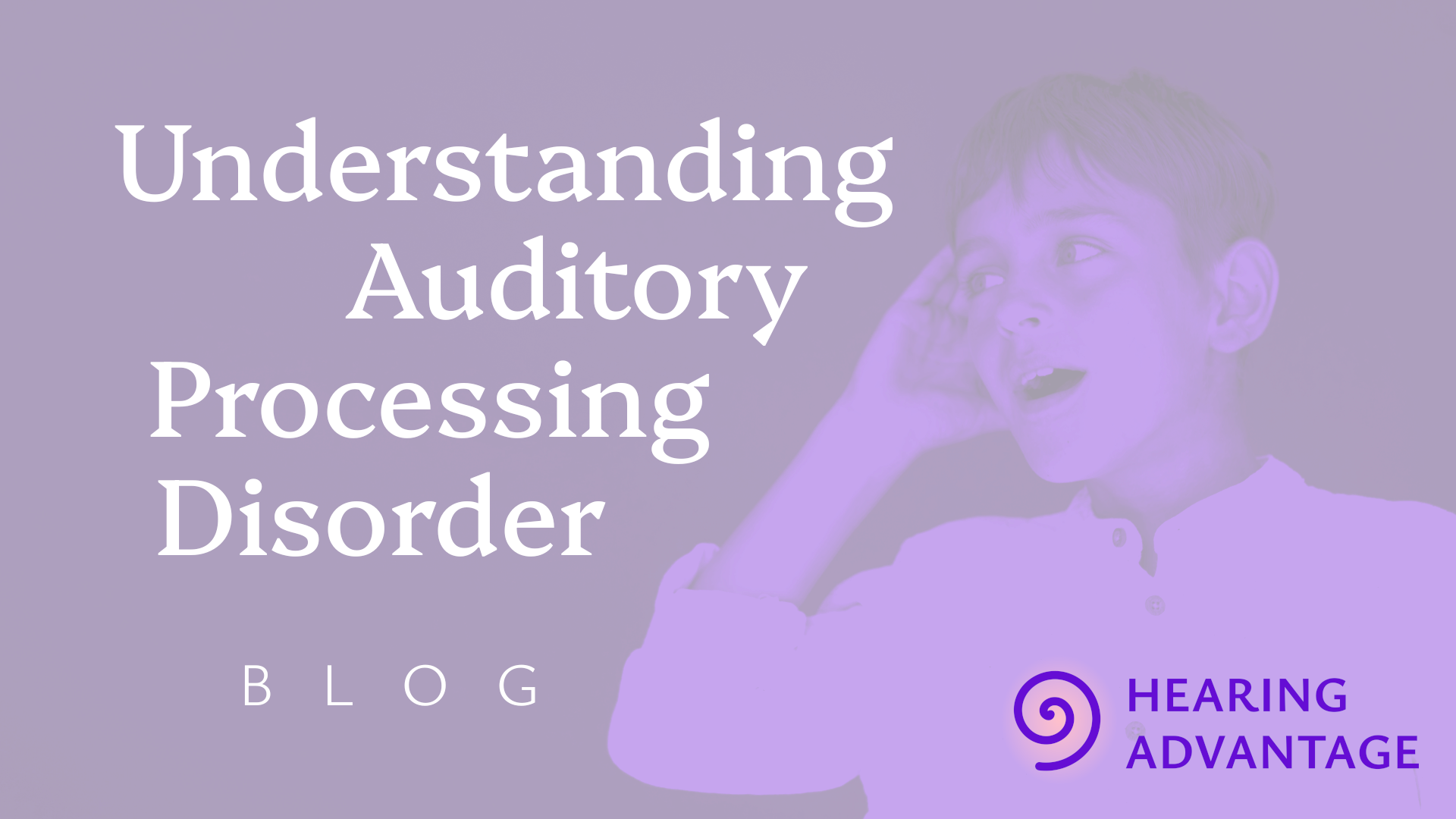Have you ever wondered why some people have trouble understanding conversations, even when they can hear perfectly? This might be due to a condition known as Auditory Processing Disorder (APD). It can affect both children and adults, making it hard to make sense of sounds and speech. If you think you or someone you know might have APD, early diagnosis is essential. The sooner APD is diagnosed, the sooner treatment can begin, helping individuals improve their listening and communication skills.
What is Auditory Processing Disorder (APD)?
Auditory Processing Disorder is a condition that impacts how the brain processes and interprets sounds. Individuals with APD can hear sounds, but their brains have difficulty understanding or making sense of them. This can lead to challenges in following conversations, especially in noisy environments. People with APD might mix up similar-sounding words, struggle to remember spoken instructions, and find it hard to focus on a speaker while ignoring background noise.
Why is Testing Important?
Testing for APD is crucial because it helps identify the specific challenges a person faces with auditory processing. A proper diagnosis can open doors to effective treatments and coping strategies that can significantly improve daily life. Unfortunately, many people remain unaware of their condition, so if you notice someone struggling with auditory tasks, encouraging testing can be a huge step forward.
The Diagnostic Testing Process
If you reach out to a professional like Dr. Betty McNamara at Hearing Advantage, here’s what you can generally expect during the diagnostic testing process for APD:
Step 1: Initial Consultation
Your journey usually begins with an initial consultation. During this meeting, you’ll discuss the symptoms that prompted you to seek help. Dr. McNamara will take a detailed history of your hearing and communication challenges. It’s important to be open and honest about any difficulties you or your loved one face, as this information will guide the rest of the testing process.
Step 2: Audiological Evaluation
Once the initial consultation is completed, the next step is an audiological evaluation. This might involve standard hearing tests to rule out any hearing loss. In this step, you’ll listen to various sounds and respond to them, helping the audiologist determine your hearing capabilities.
Step 3: Auditory Processing Tests
After establishing that your hearing ability is intact, specific auditory processing tests will be conducted. These assessments are designed to evaluate how well your brain processes sounds. They may include:
- Sound Discrimination Tests: These measure your ability to differentiate between similar sounds or words.
- Auditory Memory Tests: These assess how well you can remember and recall information that you have heard.
- Listening Tests in Noise: These tests put your auditory skills to the test in challenging listening environments, mimicking the distractions one would face in real life.
Step 4: Results Discussion
After the tests are completed, Dr. McNamara will go over the results with you. This step is crucial, as it determines whether you have APD and outlines any other factors that may influence your auditory processing.
Step 5: Treatment Options
If diagnosed with APD, don’t worry! The good news is that various treatment and management options are available. These may include:
- Auditory Training Therapy: This helps strengthen the brain’s ability to process sounds more efficiently.
- Speech and Language Therapy: Enhances communication skills and helps improve language understanding.
- Classroom Accommodations: For children, this might mean working with teachers to create an optimal learning environment.
Getting Started Today
If you suspect that you or someone you know may have Auditory Processing Disorder, don’t wait to seek help. Diagnosis is the first step toward effective support and treatment.
Contact Hearing Advantage today and schedule an appointment with Dr. Betty McNamara. Early intervention can make a big difference in quality of life. Understanding the way we process sounds can truly pave the way to clearer communication and richer relationships. Take that first step today!

